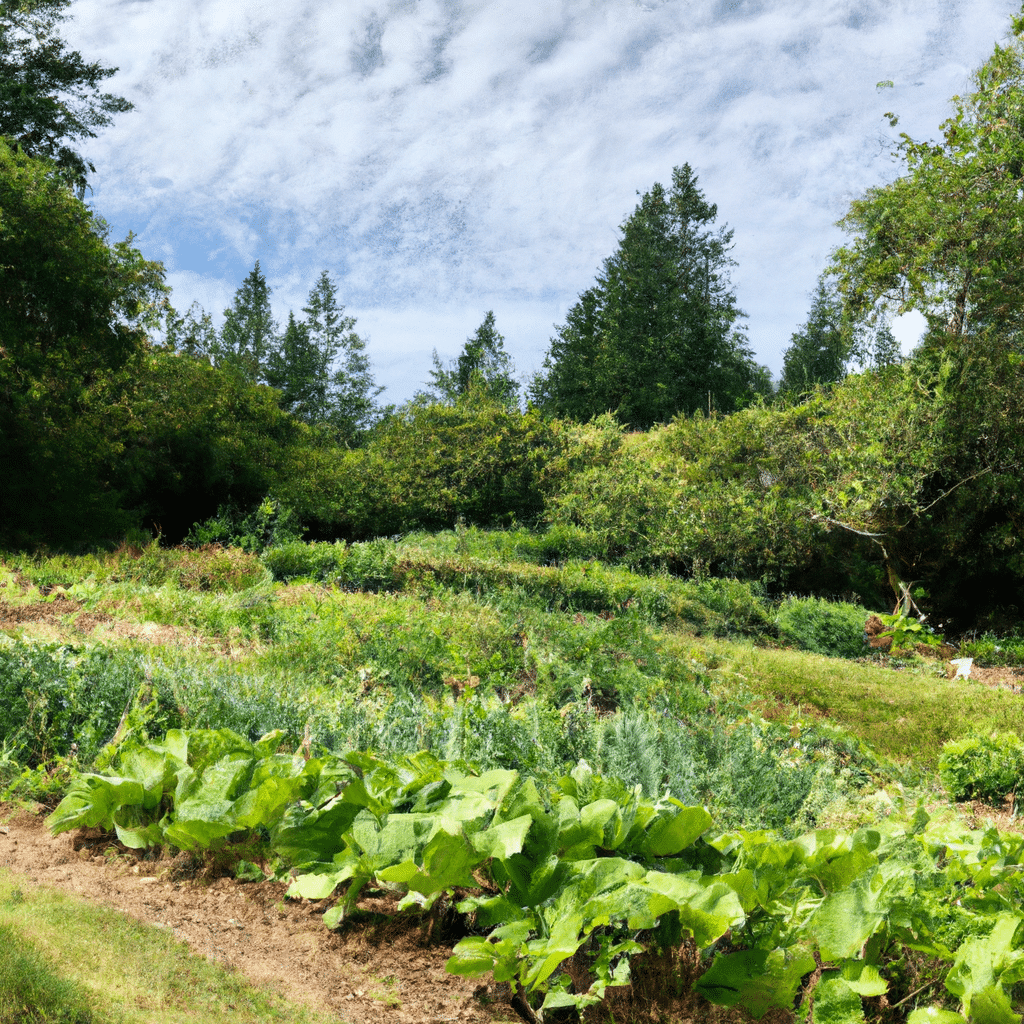Organic farming has gained significant popularity in recent years due to the increasing demand for healthier and more sustainable food options. One of the major challenges faced by organic farmers is pest control. Traditional synthetic pesticides are not compatible with organic farming practices as they can harm the environment and have negative impacts on human health. However, there is a secret weapon that organic farmers are utilizing to combat pests effectively – biopesticides. In this article, we will delve into the world of biopesticides and explore how they are transforming organic farming.

What are Biopesticides?
Biopesticides are derived from natural materials, such as animals, plants, bacteria, and certain minerals. Unlike synthetic pesticides, they pose minimal risks to human health and the environment. Biopesticides work by utilizing naturally occurring mechanisms to control pests and diseases. They can disrupt pests’ mating patterns, inhibit their growth, or directly kill them.
Types of Biopesticides
- Microbial Biopesticides: These biopesticides contain microorganisms, such as bacteria, fungi, and viruses, that are specifically targeted towards pests. They can be used to control a wide range of pests, including insects, nematodes, and fungi.
- Plant-Incorporated Protectants (PIPs): PIPs are biopesticides that are produced within genetically modified (GM) plants. These GM plants have been engineered to express proteins that provide protection against pests and diseases. PIPs are highly effective against insect pests.
- Biochemical Biopesticides: Biochemical biopesticides are naturally occurring substances, such as pheromones, plant extracts, and insect growth regulators. They disrupt pests’ behavior, growth, or development, leading to their control.
Benefits of Biopesticides in Organic Farming
Environmental Sustainability
Biopesticides are considered environmentally friendly since they are derived from natural sources and have minimal impact on non-target organisms. They do not persist in the environment and are easily biodegradable, reducing the risk of water and soil contamination. Additionally, biopesticides do not contribute to the development of pesticide resistance in pests, unlike synthetic pesticides.
Safety for Farmers and Consumers
Unlike traditional synthetic pesticides, biopesticides pose minimal risks to the health of farmers and consumers. They have low toxicity levels and do not leave harmful residues on crops. This makes them an ideal choice for organic farming, as they align with the principles of producing healthy and safe food.
Targeted Pest Control
Biopesticides have the advantage of being highly specific in their action against pests. They often target a particular pest species or a group of related pests, minimizing the risk of harming beneficial insects and organisms. This targeted approach ensures effective pest control while preserving the natural balance within the ecosystem.
Sustainable Pest Management
The use of biopesticides promotes sustainable pest management practices. By employing biological control methods, organic farmers can reduce their reliance on synthetic pesticides, which can lead to resistance issues and negative environmental impacts. Biopesticides are an integral part of integrated pest management (IPM) strategies, where multiple pest control techniques are combined for maximum effectiveness.
Residue Management
One of the significant advantages of biopesticides is their short pre-harvest interval (PHI). This means that there is a minimal waiting period between the application of biopesticides and the harvest of crops, ensuring that residue levels are kept to a minimum. This is particularly important in organic farming, where strict residue limits are enforced.
Challenges and Limitations
While biopesticides offer numerous benefits, they also come with certain challenges and limitations. Some of these include:
- Limited Spectrum of Control: Biopesticides may not be effective against all pests or diseases. Their specificity can be a limitation when faced with a diverse range of pest pressures.
- Variable Efficacy: The efficacy of biopesticides can vary depending on environmental factors, application methods, and pest populations. Regular monitoring and adaptability are essential to ensure effective pest control.
- Cost and Availability: Biopesticides can sometimes be more expensive than synthetic pesticides, making them less accessible to small-scale farmers. Additionally, the availability of certain biopesticides may be limited in some regions.
- Regulatory Hurdles: The registration and approval process for biopesticides can be complex and time-consuming. Stricter regulations may hinder the development and adoption of new biopesticide products.
The Future of Biopesticides in Organic Farming
Biopesticides have already made a significant impact on organic farming practices. However, ongoing research and development efforts are focused on improving their efficacy, expanding their spectrum of control, and reducing costs. Advancements in biotechnology and genetic engineering may lead to the development of more targeted and effective biopesticides.
As the demand for organic food continues to grow, biopesticides will play a crucial role in ensuring sustainable pest management in organic farming. By harnessing the power of nature, organic farmers can effectively combat pests while preserving the health of the environment and consumers. Biopesticides truly are the secret weapon against pests, revolutionizing organic farming and paving the way for a healthier and more sustainable agricultural future.
In conclusion, biopesticides have emerged as a game-changer in organic farming. Their environmentally friendly nature, targeted action against pests, and safety for farmers and consumers make them an ideal choice for sustainable pest management. While challenges exist, ongoing research and development efforts aim to further enhance the efficacy and accessibility of biopesticides. As organic farming continues to thrive, biopesticides will continue to transform the industry by providing effective and sustainable pest control solutions.



